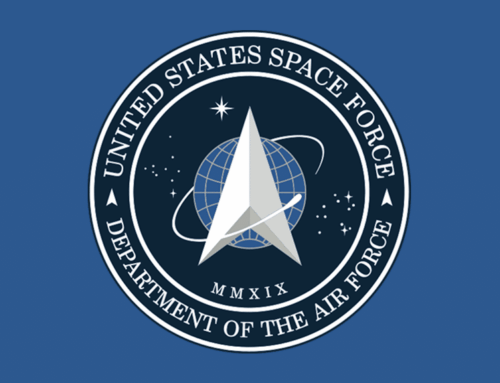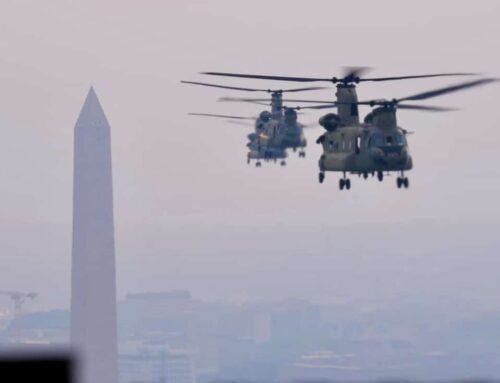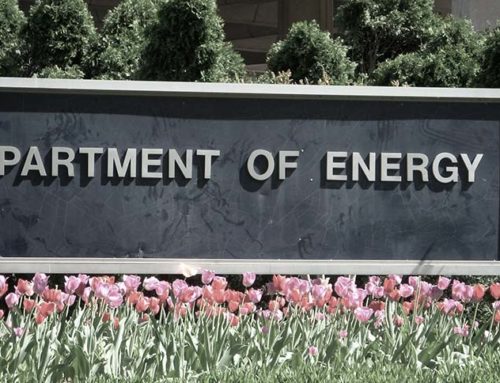In an ironic twist that shouldn’t come as a surprise to anyone, the Department of Defense Inspector General has launched a new, and evidently secret, review of secrecy in the Air Force’s B-21 bomber program.
Like Dean Wormer and his “double secret probation” declaration in that late 70’s classic, Animal House, the Pentagon is responding to an obliquely worded requirement in the massive Omnibus Appropriation Act that funds the federal government for the rest of the current fiscal year. The language is oblique because, although it directs a report by the Inspector General, the “descriptive” language is limited to “conduct an evaluation and submit a report.”
The section also mentions an earlier Senate Report which puts a little more meat on the bones of this request:
“The Committee notes that the Air Force recently announced the seven subcontractors that will produce various parts for the bomber program. The Committee also understands there is additional pressure on the Air Force to reveal further information, including roles of the subcontractors and the contract value for the prime contractor. The committee recognizes that the value of additional program transparency must be balanced with the need for security protection.”
The report goes on to direct a review of, “the security strategy, controls, and program protection plan and provide an assessment to the congressional defense committees not later than 60 days after enactment of this act.”
The report language doesn’t address the issue of classification of the Inspector General report and a member of the staff of the Senate Appropriations Committee recently told Bloomberg the report could be unclassified with a classified annex. However the Inspector General’s office, in an emailed comment to Bloomberg stated, “I can’t provide further details because the project and the evaluation are classified.”
A few months ago we gave the B-21 bomber program our Golden Fleece award for excessive secrecy. The cost details of an acknowledged weapon system, in other words not a “black” program, shouldn’t be withheld from the public. Those are taxpayer dollars and a full discussion of the cost and value of the program can’t take place if key details continue to be kept from public view.










